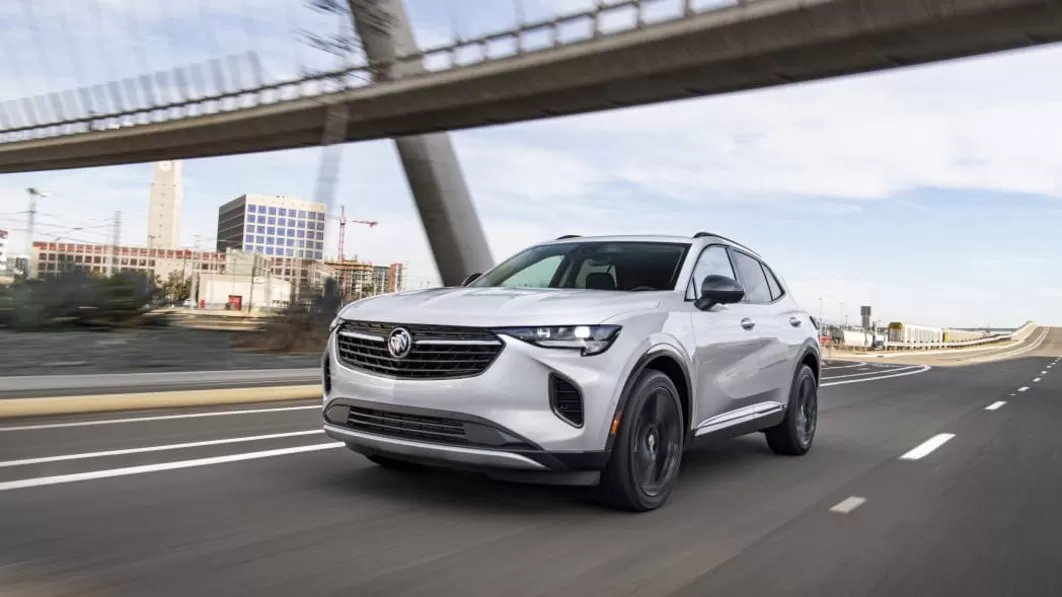Not only people, economies and supply chains got sick in the past year. The 2022 JD Power Initial Quality Study (IQS) is out and shows that the average number of issues per 100 vehicles (PP100) has increased overall during the first 90 days of ownership. The average figure for the 32 ranked manufacturers in 2020 was about 166 issues per 100 vehicles. In the IQS of 2021, that dropped to an average of 162. This year, the average jumps to 180 problems.
JD Power says this figure is a record high in the research’s 36-year history. Buick jumped to the top of the rankings this year with the fewest problems, with 139 problems per 100 vehicles in the first 100 days of ownership. After Dodge became the first US automaker to lead the IQS in 2020, followed by Ram in 2021, this year marks a three-pointer for US automakers. Dodge was second this year with 143 PP100, Chevrolet third with 147 PP100, Genesis the first luxury maker on the map in fourth with 156 PP100.
Between February and May, this year’s survey collected answers to 223 questions from more than 84,000 new car owners and renters for the 2022 model year. The questions are designed to zoom in on real-world problems new owners encounter across nine categories of vehicle features. : Infotainment; functions, controls and displays; exterior; driver assistance; interior; powertrain; chairs; driving experience; and climate. As has been the case in recent years, infotainment has proven to be the most problematic bug bear, making the scores worse. Looking at the features individually, six of the top 10 problem areas were infotainment, leaving the infotainment score of 45 PP100 19.5 PP100 worse than the second-ranked feature. Consumers rated getting a reliable connection to Android Auto and Apple CarPlay as the most difficult.
GM didn’t just score with Buick, one of only nine of 33 ranked brands to show improvement this year. The conglomerate took first place with the fewest PP100 of all automaker groups and scored the most accolades at the model level with nine, ahead of BMW with eight and Hyundai Group with three.
This year’s study again revealed a gap between luxury and mass-market makers, which is thought to be due to the amount of technology in luxury vehicles that consumers are not well informed about or do not act on as expected – the latter problem exacerbated by the chip shortage. Mass-market brands collectively reported 175 issues per 100 vehicles during the first 90 days of ownership, while luxury vehicles collectively reported 196 PP100.
Electric and electrified vehicles were also in the technology snare, BEVs excluding Tesla scored 240 PP100 compared to 239 PP100 for PHEVs and 175 PP100 for the old combustion engine. Tesla made it to the official ranking for the first time, albeit again with an asterisk. The company will not allow JD Power to access its consumers in states where the law requires the automaker’s approval. In addition, the organization does not want the preponderance of what Teslas can learn to distort the entire BEV category. So on its own and with those caveats in mind, Tesla scored 226 PP100, showing a two-year improvement.
David Amodeo, Director of Global Automotive at JD Power, said: “Given the many challenges that automakers and their dealers have faced over the past year, it’s somewhat surprising that initial quality hasn’t dropped more dramatically.” See the chart for the rest of the details.

